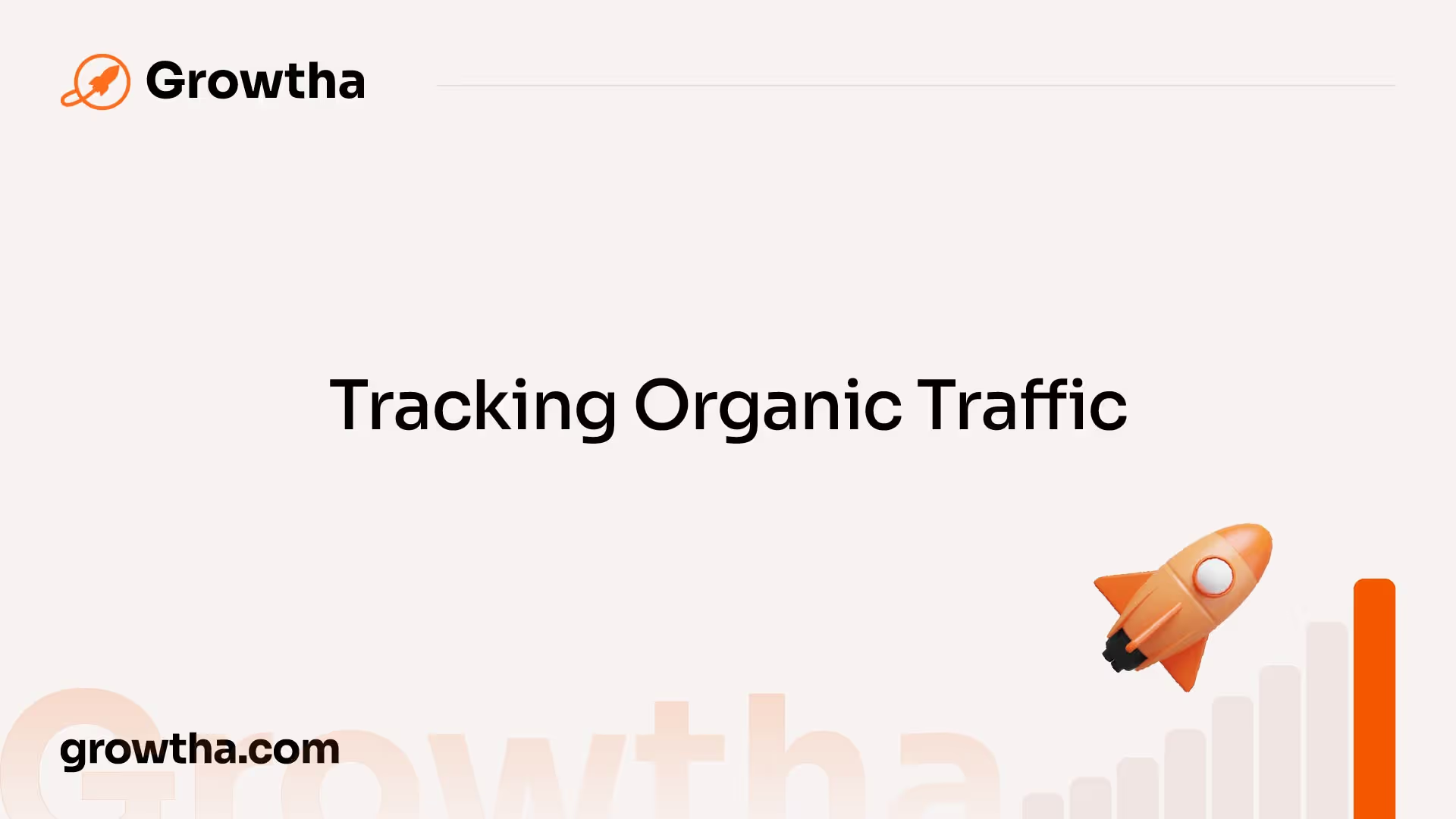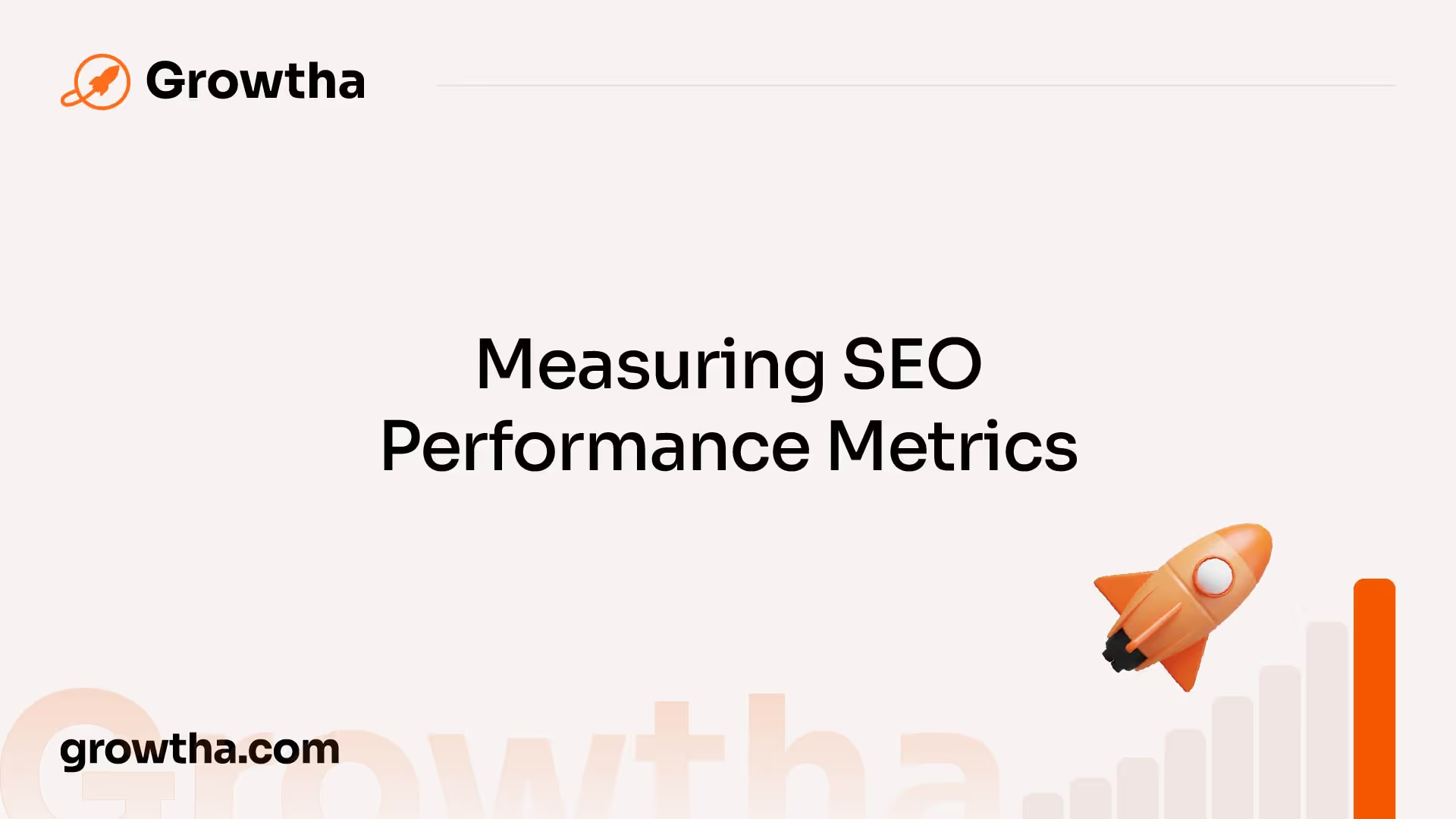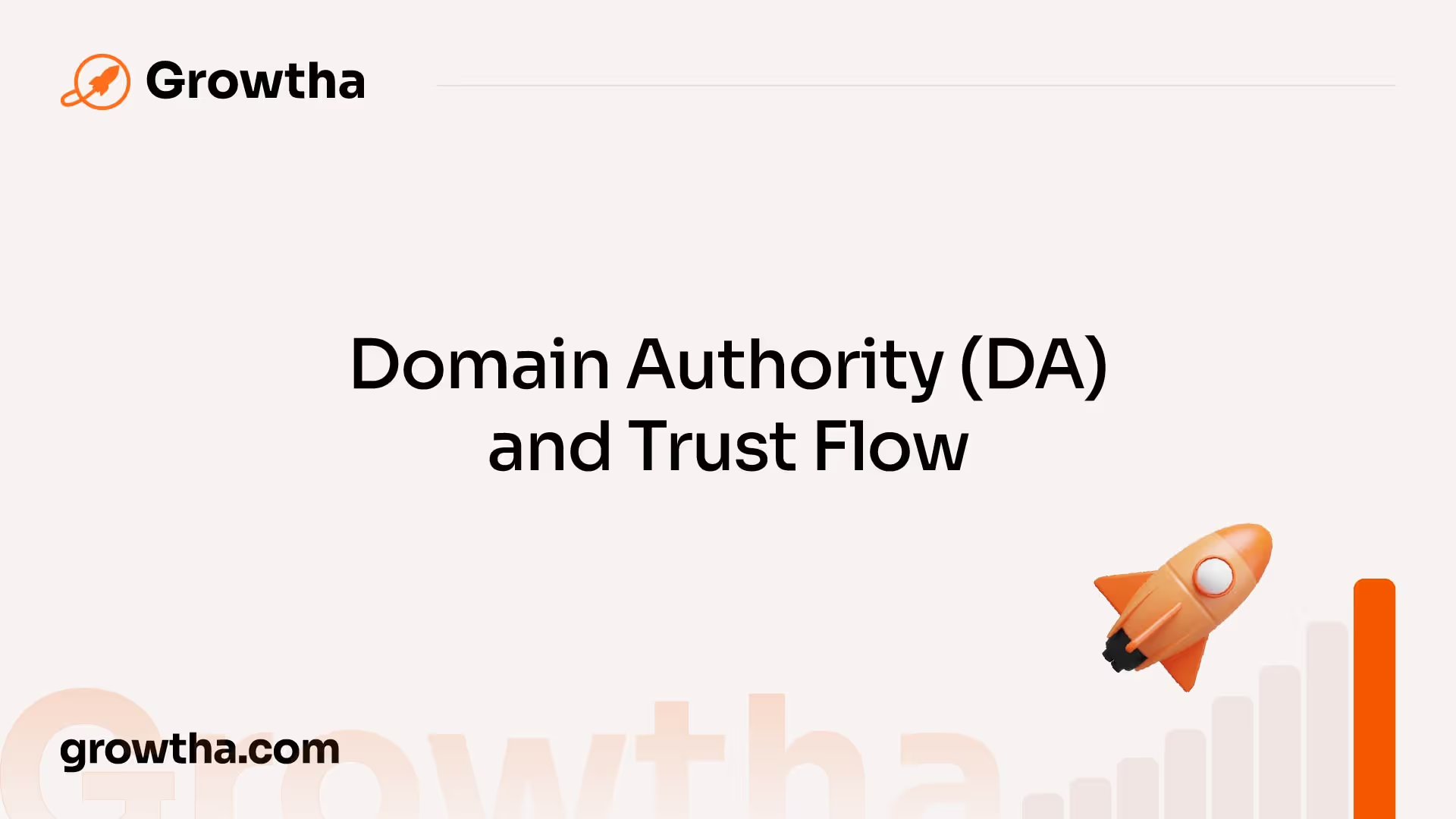The Ultimate Guide to Automated SEO Reporting
To achieve success in the online landscape, businesses must employ data-driven strategies that are based on a thorough understanding of SEO analytics.


The Ultimate Guide to Automated SEO Reporting
Understanding SEO Analytics
To achieve success in the online landscape, businesses must employ data-driven strategies that are based on a thorough understanding of SEO analytics. By harnessing the power of SEO analytics, businesses can gain valuable insights into their website's performance and make informed decisions to enhance their visibility in search engine results. This section explores the importance of data-driven strategies and outlines different types of SEO analysis methods.
Importance of Data-Driven Strategies
Data-driven strategies have become crucial for businesses to thrive in the digital age. Startups that leverage SEO analytics and reporting are twice as likely to excel in their industry, according to Gravitate Design. By analyzing website data, businesses can uncover valuable insights about their audience, website traffic, and overall performance. These insights enable businesses to identify strengths and weaknesses, prioritize tasks, and make informed decisions to improve their SEO strategy execution.
With data-driven strategies, businesses can optimize their website content, target relevant keywords, and enhance their online presence. By leveraging SEO analytics, businesses can stay ahead of the competition and ensure that their online efforts align with their goals and objectives.
Types of SEO Analysis Methods
There are various types of SEO analysis methods that provide valuable insights into different aspects of a website's performance. These methods help businesses identify opportunities for improvement and develop effective strategies to enhance their search engine visibility. The following are five crucial types of SEO analysis methods:
- SEO Content Analysis: This method involves analyzing the content on a website to ensure it is optimized for search engines. It includes evaluating keyword usage, content relevance, readability, and overall quality. By conducting a thorough SEO content analysis, businesses can identify areas where content can be improved to attract more organic traffic.
- Keyword SEO Analysis: Keyword analysis focuses on identifying the keywords that are most relevant to a business and its target audience. This analysis involves researching popular search terms, assessing keyword competition, and selecting the most effective keywords to target. By optimizing content around these keywords, businesses can increase their chances of ranking higher in search engine results.
- Technical SEO Analysis: Technical analysis involves assessing the technical aspects of a website that can impact its search engine visibility. This includes evaluating website speed, mobile-friendliness, URL structure, site architecture, and other technical factors. By addressing technical SEO issues, businesses can ensure that their website is optimized for search engines and provides a positive user experience.
- Backlink Profile Analysis: Backlinks play a crucial role in SEO, and analyzing the backlink profile of a website is essential for understanding its authority and credibility. This analysis involves evaluating the quantity, quality, and relevance of backlinks pointing to a website. By assessing the backlink profile, businesses can identify opportunities to acquire high-quality backlinks and improve their search engine rankings.
- Competitor SEO Analysis: Analyzing the SEO strategies of competitors provides valuable insights into industry trends, keyword targeting, content strategies, and backlink acquisition. By studying the competition, businesses can identify areas where they can differentiate themselves and gain a competitive edge.
By employing these SEO analysis methods, businesses can gain a comprehensive understanding of their website's performance and develop effective strategies to improve their search engine rankings. To facilitate this analysis, there are essential SEO analytics tools available that provide valuable insights into website performance.
Automated SEO Reporting Benefits

Implementing automated SEO reporting can bring numerous benefits to businesses and marketers. By streamlining task assignments and ensuring consistent monitoring, automated SEO reporting simplifies the process of analyzing and tracking key metrics. This section explores the advantages of automated SEO reporting in detail.
Streamlining Task Assignments
Automated SEO reporting systems help streamline the process of assigning tasks and responsibilities to team members. With automated reporting tools, roles can be defined, tasks can be allocated, and workflows can be established more efficiently. This ensures that everyone involved in the SEO process knows their responsibilities and can focus on their specific tasks, enhancing overall productivity.
By automating reporting tasks, team members can spend less time on manual data collection and report creation, freeing up resources for more strategic SEO activities. This allows teams to work more efficiently, collaborate effectively, and dedicate their efforts to optimizing website performance and search engine rankings.
Ensuring Consistent Monitoring
Consistency is key in SEO monitoring and analysis. Automated SEO reporting provides a systematic approach to data collection, analysis, and reporting. By establishing automated data monitoring systems, businesses can ensure that key metrics are consistently tracked and reviewed.
Automated data monitoring systems, such as those described by Splunk, encompass data collection, analysis, monitoring, and alerting/reporting. These systems help organizations manage their data infrastructure and promptly address any issues or anomalies that may arise. By having a reliable and consistent monitoring system in place, businesses can identify trends, spot potential problems, and make data-driven decisions to improve their SEO strategies.
Consistent monitoring also allows businesses to track the impact of their SEO efforts over time. By comparing data from different reporting periods, businesses can assess the effectiveness of their optimization strategies and make necessary adjustments to improve their online visibility.
Automated SEO reporting tools facilitate consistent monitoring by providing regular updates and notifications. These tools allow businesses to set up automated data updates, scheduled email reports, and multi-channel reporting. This ensures that key SEO metrics are regularly reviewed and shared with stakeholders, enabling informed decision-making and fostering a proactive approach to SEO optimization.
By leveraging automated SEO reporting, businesses can streamline task assignments, ensure consistent monitoring, and optimize their SEO strategies more effectively. With the right tools and systems in place, marketers can save time, enhance productivity, and make data-driven decisions to maximize their SEO performance.
Essential SEO Analytics Tools

To effectively track website performance and gather valuable insights for SEO strategies, it is essential to utilize the right SEO analytics tools. Several tools play a crucial role in providing comprehensive data and analysis. Let's explore three essential SEO analytics tools: Google Analytics, Google Search Console, and Ahrefs.
Google Analytics
Google Analytics is a widely used web analytics tool that offers a wealth of information about website traffic, user behavior, and conversion rates. It provides valuable insights into the effectiveness of SEO efforts, helping to identify areas for improvement.
With Google Analytics, website owners can track various metrics, including:
- Total website sessions
- Bounce rate
- Average session duration
- Pageviews
- Top-performing landing pages
- Traffic sources
By analyzing these metrics, SEO professionals can gain a deeper understanding of user engagement, identify popular content, and evaluate the effectiveness of SEO strategies.
Google Search Console
Google Search Console is another powerful tool provided by Google. It focuses on the technical aspects of SEO, allowing website owners to monitor and optimize their site's presence in Google search results.
Key features of Google Search Console include:
- Indexing status
- Performance reports
- URL inspection tool
- Sitemap submission
- Mobile usability analysis
- Search appearance insights
By utilizing Google Search Console, website owners can identify and resolve indexing issues, monitor keyword rankings, optimize website performance, and enhance the overall visibility of their site in search results.
Ahrefs
Ahrefs is a comprehensive SEO tool that offers a wide range of features to enhance SEO analysis and reporting. It provides valuable insights into backlinks, organic traffic, and keyword research, enabling website owners to monitor and improve their SEO performance.
Key features of Ahrefs include:
- Backlink analysis
- Competitor analysis
- Keyword research
- Site audit
- Rank tracking
- Content analysis
By utilizing Ahrefs, SEO professionals can monitor the number and quality of backlinks directing to their website, identify link-building opportunities, analyze competitor strategies, and optimize website content for better search engine rankings.
These essential SEO analytics tools - Google Analytics, Google Search Console, and Ahrefs - provide a solid foundation for tracking and analyzing website performance. Each tool serves a specific purpose in gathering and interpreting data, helping to inform and refine SEO strategies. By utilizing these tools effectively, website owners can optimize their SEO efforts and drive organic traffic to their site.
Tracking Organic Traffic

To gauge the effectiveness of SEO strategies and measure the impact of organic search, tracking organic traffic is crucial. By monitoring organic sessions and tracking keyword clicks, marketers can gain valuable insights into the performance of their website and optimize their SEO efforts accordingly.
Monitoring Organic Sessions
Organic sessions refer to the number of visitors who arrive at a website through unpaid sources like search engines or backlinks. By tracking organic sessions over time using tools like Google Analytics, marketers can assess the success of their SEO strategies and identify areas for improvement [1].
To access organic traffic data in Google Analytics, navigate to Acquisition > All Traffic > Channels > Organic Search. Here, you can view the number of organic sessions, the average duration of these sessions, and the bounce rate. Analyzing these metrics helps marketers understand how well their website is performing in organic search and identify opportunities for optimization.
Tracking Keyword Clicks
Keywords play a significant role in driving organic traffic to a website. Monitoring keyword clicks allows marketers to understand which keywords are generating the most traffic and conversions. This information helps in refining keyword targeting and optimizing content for better search engine visibility [2].
Keyword tracking tools, such as Ahrefs, provide insights into the organic keywords that are driving traffic to a website. By monitoring keyword rankings, search volume, and click-through rates, marketers can identify high-performing keywords that contribute to organic traffic. This data enables them to refine their keyword strategy and focus on keywords that are more likely to attract relevant traffic.
By tracking organic sessions and keyword clicks, marketers can gain a comprehensive understanding of their website's organic traffic performance. This data helps them identify opportunities for improvement, optimize their SEO strategies, and drive more targeted organic traffic to their website.
Measuring SEO Performance Metrics

To accurately assess the effectiveness of your SEO efforts, it's crucial to measure various performance metrics. Two important metrics to consider are backlinks and referring domains, as well as domain authority (DA) and trust flow.
Backlinks and Referring Domains
Backlinks and referring domains play a critical role in SEO performance. Backlinks are links from external websites that direct users to your website, while referring domains are the unique domains that these backlinks originate from [1]. Monitoring these metrics allows you to track the progress of your link-building campaigns and assess the quality and quantity of inbound links to your site.
High-quality backlinks from reputable websites can significantly impact your search engine rankings. Search engines consider backlinks as a vote of confidence, indicating that your website offers valuable content. The more high-quality backlinks you have, the higher the likelihood of achieving better search engine rankings.
To track backlinks and referring domains, using SEO software with backlink monitoring tools such as Majestic SEO can provide accurate and real-time data insights [1]. These tools help you identify the websites linking to your site, evaluate the quality of those links, and identify opportunities for further link-building.
Domain Authority (DA) and Trust Flow
Domain Authority (DA) and Trust Flow are essential authority metrics to monitor for your website. DA is a ranking score that predicts a website's likelihood to rank on search engine results pages (SERPs) [2]. The higher the DA score, the better the chances of achieving higher search engine rankings.
Trust Flow, on the other hand, is a metric that measures the quality and trustworthiness of a website based on the backlinks it receives [1]. An increase in both DA and Trust Flow indicates higher trustworthiness and potential improvements in SERP rankings.
To track these metrics, SEO tools like Ahrefs, SEMrush, and Moz provide insights into a website's DA and Trust Flow [2]. Regularly monitoring these metrics allows you to gauge the authority and credibility of your website, identify areas for improvement, and track the impact of your SEO efforts over time.
By measuring these SEO performance metrics, you can gain valuable insights into the effectiveness of your strategies and make data-driven decisions to enhance your website's visibility and search engine rankings.
Top SEO Reporting Tools

When it comes to automated SEO reporting, utilizing the right tools can significantly enhance your ability to track and analyze your website's performance. In this section, we will explore two top SEO reporting tools: DashThis and SE Ranking.
DashThis
DashThis is a comprehensive marketing reporting tool that excels in serving SEO reporting and other marketing reporting needs. It simplifies the process of creating visually compelling reports showcasing key SEO metrics, such as organic traffic, keyword rankings, and backlink analysis.
With DashThis, you can automate data updates, ensuring that your reports are always up-to-date. This saves you time and effort, allowing you to focus on analyzing the data rather than manually gathering it. The tool also offers scheduled email reports, enabling you to share the reports with stakeholders on a regular basis without any additional effort.
DashThis's multi-channel reporting feature is particularly valuable for tracking and presenting comprehensive SEO and marketing performance metrics. It allows you to integrate data from various sources, such as Google Analytics, Google Search Console, and Ahrefs, into a single report. This holistic view enables you to gain insights into the effectiveness of your SEO strategies across different channels.
SE Ranking
SE Ranking is an all-in-one SEO reporting tool that provides detailed analytics about your website's performance in search engine rankings. It offers a range of features including keyword tracking, competitor analysis, and website audit capabilities.
With SE Ranking, you can monitor your keyword rankings and track changes over time. This allows you to understand how your website is performing in search engine results pages (SERPs) and make informed decisions to optimize your SEO strategies. The competitor analysis feature provides valuable insights into your competitors' rankings, helping you identify areas for improvement and stay ahead in the competitive landscape.
SE Ranking's website audit feature allows you to analyze your website's SEO health. It identifies issues that may be affecting your search engine rankings, such as broken links, missing meta tags, or slow page load times. By addressing these issues, you can improve your website's overall SEO performance.
Both DashThis and SE Ranking are powerful tools that can streamline your SEO reporting process and provide you with valuable insights into your website's performance. Whether you choose DashThis for its comprehensive marketing reporting capabilities or SE Ranking for its detailed SEO analytics, these tools can help you effectively measure and track the success of your SEO efforts.
References
[1]: https://agencyanalytics.com/blog/seo-metrics
[2]: https://dashthis.com/blog/14-seo-metrics-you-should-track-with-a-real-seo-reporting-tool/







